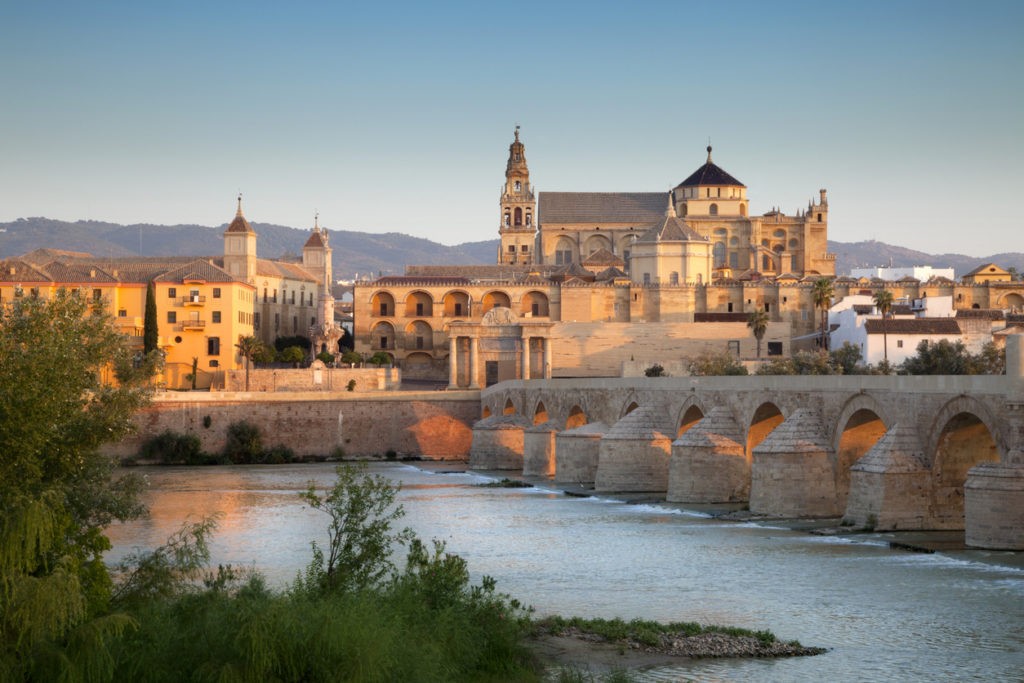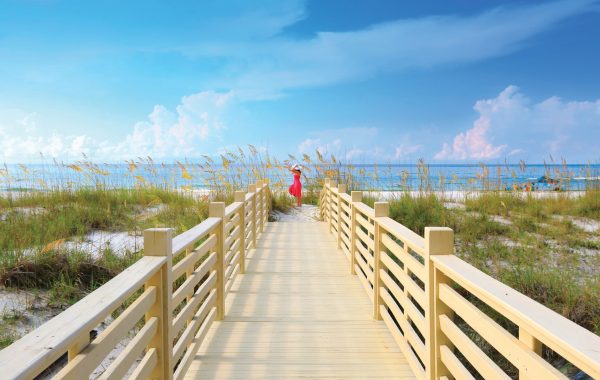No cap on domestic airfares from now; know what it means for travellers, Spain imposes travel restrictions and visitor caps on tourist landmarks and more in top stories of the day.
No cap on domestic airfares from now; know what it means for travellers
As per the latest developments, the Ministry of Civil Aviation has removed price caps on domestic airfares with effect from today. This move comes after a span of approximately 27 months, and it was initially implemented when COVID hit the nation.
Now, with the removal of price caps, all domestic airlines have the freedom to decide fares on domestic routes and will no longer be required to regulate air tickets according to fare caps set by the Ministry of Civil Aviation.
If reports are to go by, while the upper caps were to protect travellers from higher fares, the lower caps were intended to protect the airlines which were financially weaker. As per the views of aviation experts, the airfares are expected to be stable. It might also happen that airlines gradually lower fares or offer sales to drive the demand and make more sales, which means airfares might go down in certain sectors while the popular sectors might see a rise in airfares. Further, with the upcoming festival season, the airfares can go up again in view of pent-up travel demand.
All the Spanish beauty spots you have to book ahead to visit
A study conducted by Eco-Union reveals that tourist arrival in Spain has increased by 77 percent over the last two decades, making it the second-most-visited country in the world, right behind France. This also means that Spain’s beautiful landscapes are under threat from over-tourism. To protect these natural beauty spots, many Spanish regions have imposed visitor caps and restrictions. If you’re planning a visit to one of these stunning locations, here’s what you need to know.
Doñana National Park, famed for its marshes and flamingos, has restricted tourist numbers on the El Acebuche-Huelva to El Rocío routes to 886 people per day, while the country’s largest marine park, Maritimo-Terrestre de Cabrera National Park, has made online pass reservations mandatory and prohibited scuba diving. Visitors to the park must also book their trip prior to arrival. Mount Teide National Park, which attracts 15 million tourists annually, has put a visitor cap of 200 people a day to combat over-tourism. To get to Praia das Catedrais, a sandy beach renowned for its natural rock formations, visitors must book in advance.
Kashmir’s Wular Lake to get non-motorable walkway to boost tourism
Kashmir’s Wular Lake, which is one of South Asia’s largest freshwater lakes, will soon get a non-motorable walkway. The lake is located near Bandipora town in North Kashmir, and is a famous tourist spot. Reports have it that the valley has been witnessing a record tourist footfall this year, and that the walkway will only boost tourist footfall in the region.
For latest travel news and updates, food and drink journeys, restaurant features, and more, like us on Facebook or follow us on Instagram. Read more on Travel and Food Network
Trending on TFN
The 22 Best Places To Go In 2022
Explore Utah’s Mighty 5® and What Lies in Between
















